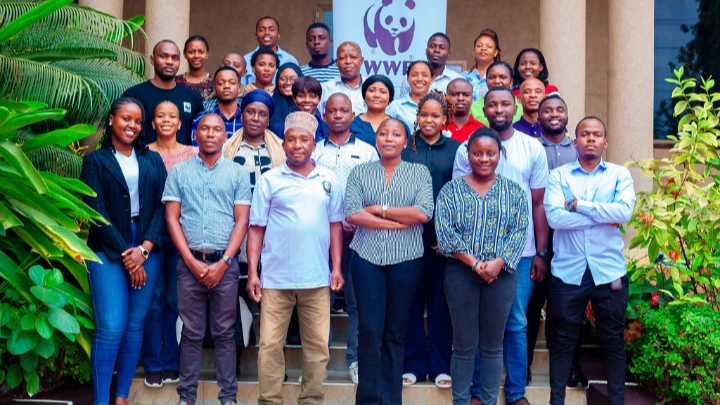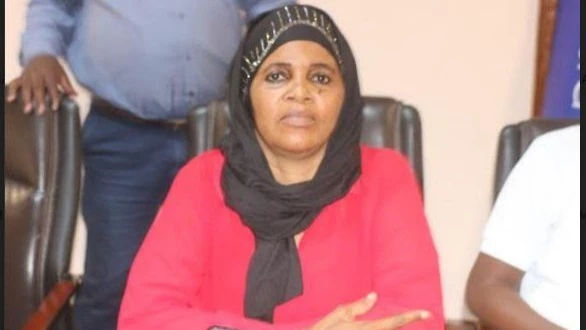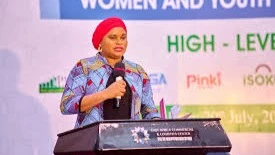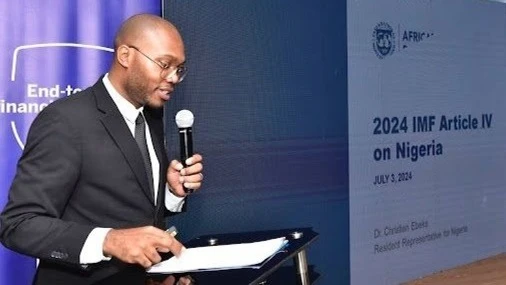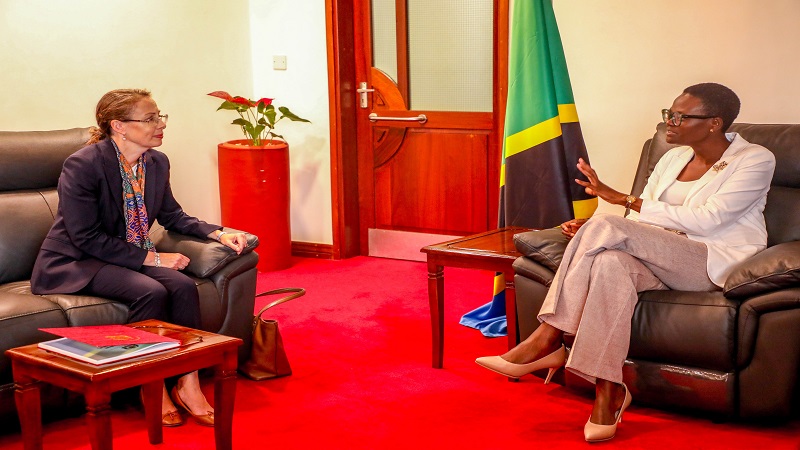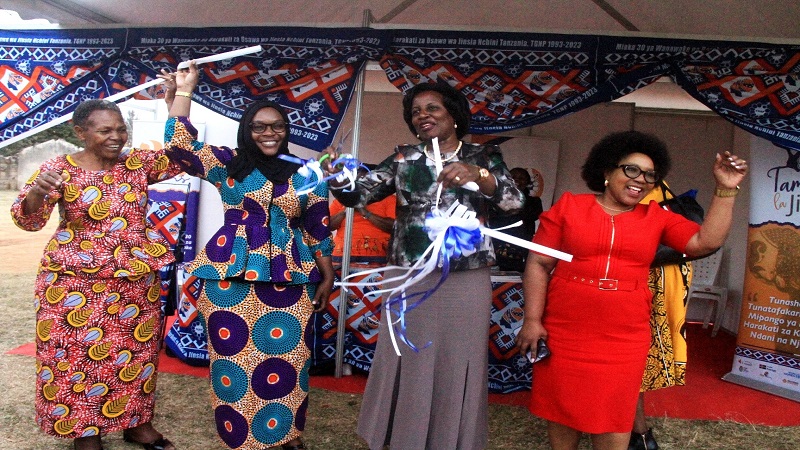How to escape from the clutches of loan sharks
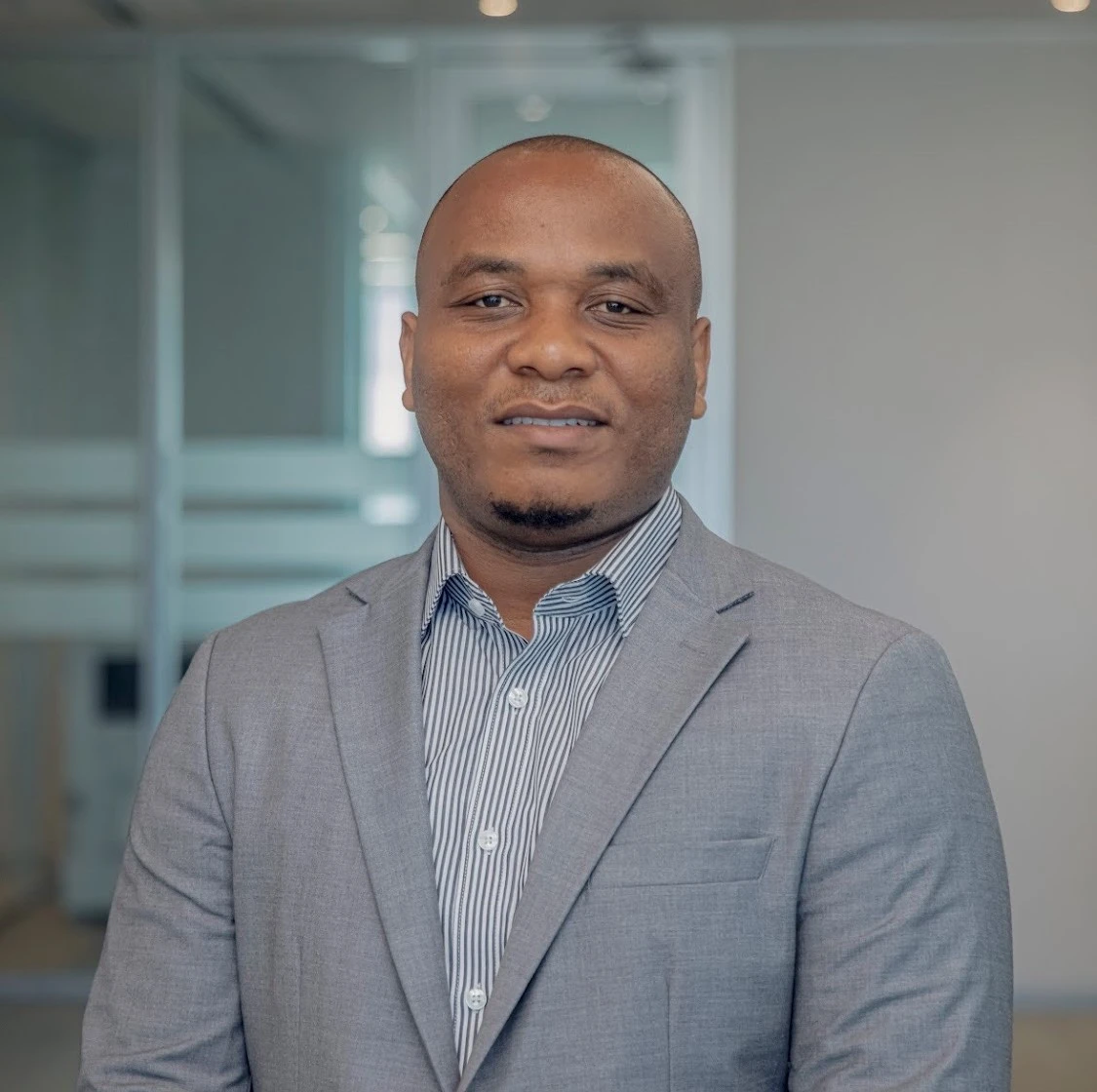
Loan sharks, in Tanzania commonly known as "Kausha Damu," have become a scourge in many communities, preying on the vulnerable and desperate.
Mwanaija Khamis Shemdoe is one of the many women whose life took a tragic turn after dealing with a loan shark.
Mwanaija, a hardworking mother and wife, ran a small business selling handmade crafts.
When her business faced a financial crunch, she turned to a loan shark, as she could not secure a loan from any formal financial institutions.
The terms seemed simple at first, but the exorbitant interest rates quickly snow balled her debt.
Mwanaija's marriage crumbled under the weight of insurmountable debt. The outrageous interest rates and relentless harassment from the loan shark left her family in financial ruin.
She thought she had no other choice, but to recall with tears in her eyes.
The banks wouldn't lend her the money she needed because her business was too small, and she didn't meet their criteria.
Mwanaija's plight is shared by many women who turn to these unscrupulous lenders out of sheer necessity.
Online loan companies have also worsened the problem, exploiting people's desperation with even higher interest rates.
These companies often violate borrowers' privacy, publicizing their debts and harassing their relatives when payments are delayed. The fear and shame they instill are powerful deterrents to seeking help.
It is high time for financial institutions and the Bank of Tanzania (BoT) to address the needs of micro-entrepreneurs who do not qualify for traditional loans.
Women like Mwanaija require a reliable and supportive financial system that understands their unique challenges and provides solutions tailored to their needs.
Fortunately, there are some banks which have established lending programme offering vital support to women and youth micro-entrepreneurs.
The program provides seed capital to these entrepreneurs, primarily women, in groups where the group itself serves as collateral.
This innovative approach has already proven effective, reaching hundreds of thousands women and youth in Tanzania.
The programme such IMBEJU has disbursed a total of 10bn/- in seed capital in a little over a year, transforming countless lives of both women and youths.
Debora Njunwa is one of many women whose lives have been transformed by such kind of programs.
"It's not just about the money," Debora explains. "The program has taught me how to invest wisely, manage my business, upgrade my products, and find new markets."
For Debora, the financial education provided by the program was a revelation.
She realized that money was just a small part of the challenge.
Understanding how to manage her business was the key to its growth. She now see the potential for he business to flourish.
Debora's story underscores the critical need for financial literacy among women who are often the targets of loan sharks and illegal lenders.
Financial education empowers women to make informed decisions, avoid predatory lenders, and build sustainable businesses.
It is imperative that financial institutions invest in such education to protect and uplift vulnerable populations.
By providing not only seed capital but also the knowledge and skills necessary for business success, the women and youth loan programme is fostering a new generation of confident and capable women entrepreneurs.
This holistic approach ensures that beneficiaries are well-equipped to grow their businesses and achieve financial independence.
Financial institutions and regulators must collaborate to create inclusive financial systems that cater to the needs of all citizens, especially women.
By investing in financial literacy and supporting programs, we can break the cycle of debt and dependency, paving the way for a brighter future for all.
The women empowerment programs are not just a lifeline for women like Mwanaija and Debora; they are powerful testimony to what can be achieved when financial institutions prioritize education, empowerment, and inclusion.
Let us build on this momentum and ensure that no woman is ever forced to turn to a loan shark again.
Kilo Mgaya is a financial expert based in Dar es Salaam. He can be reached through [email protected].
Top Headlines
© 2024 IPPMEDIA.COM. ALL RIGHTS RESERVED












